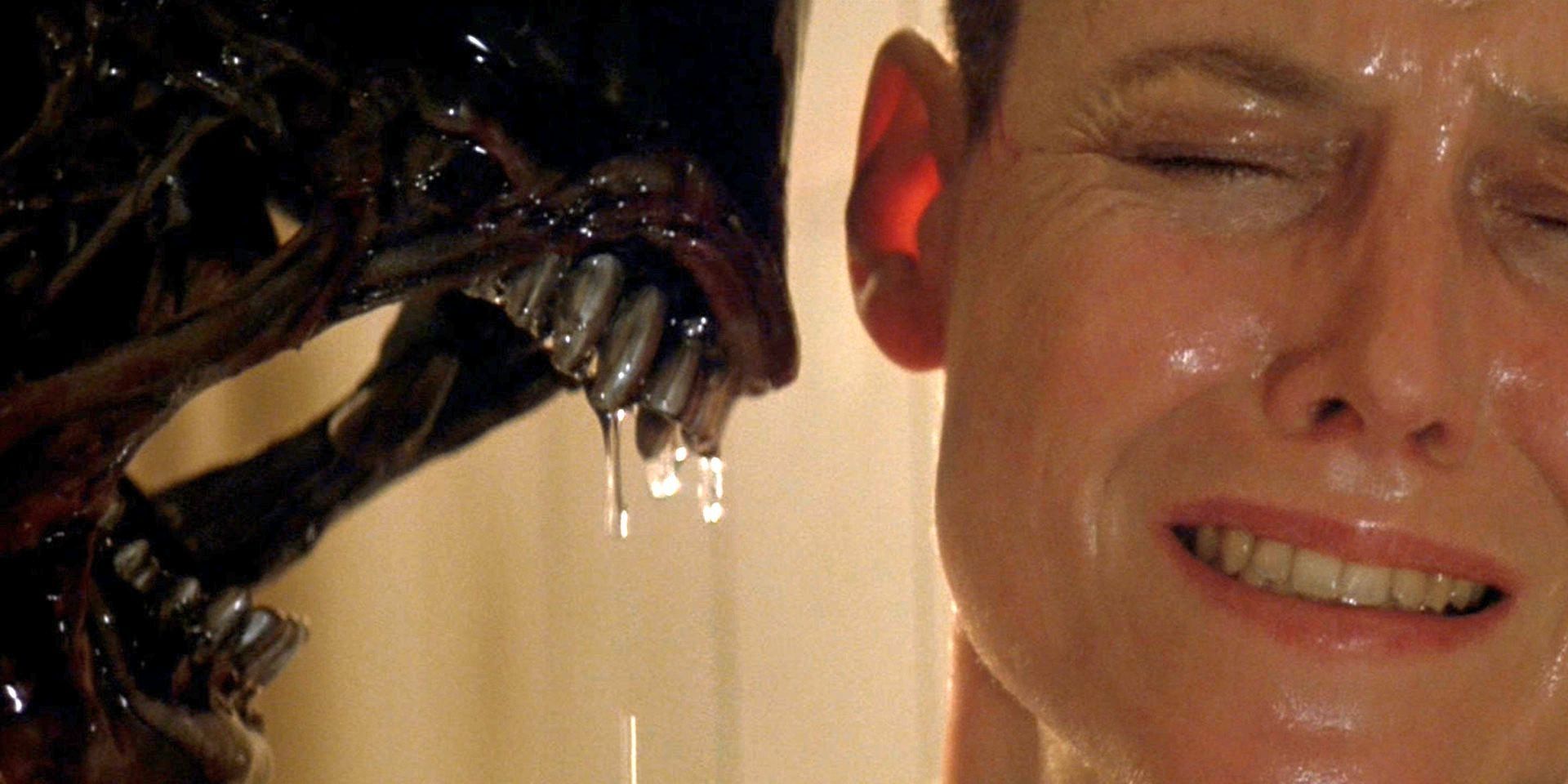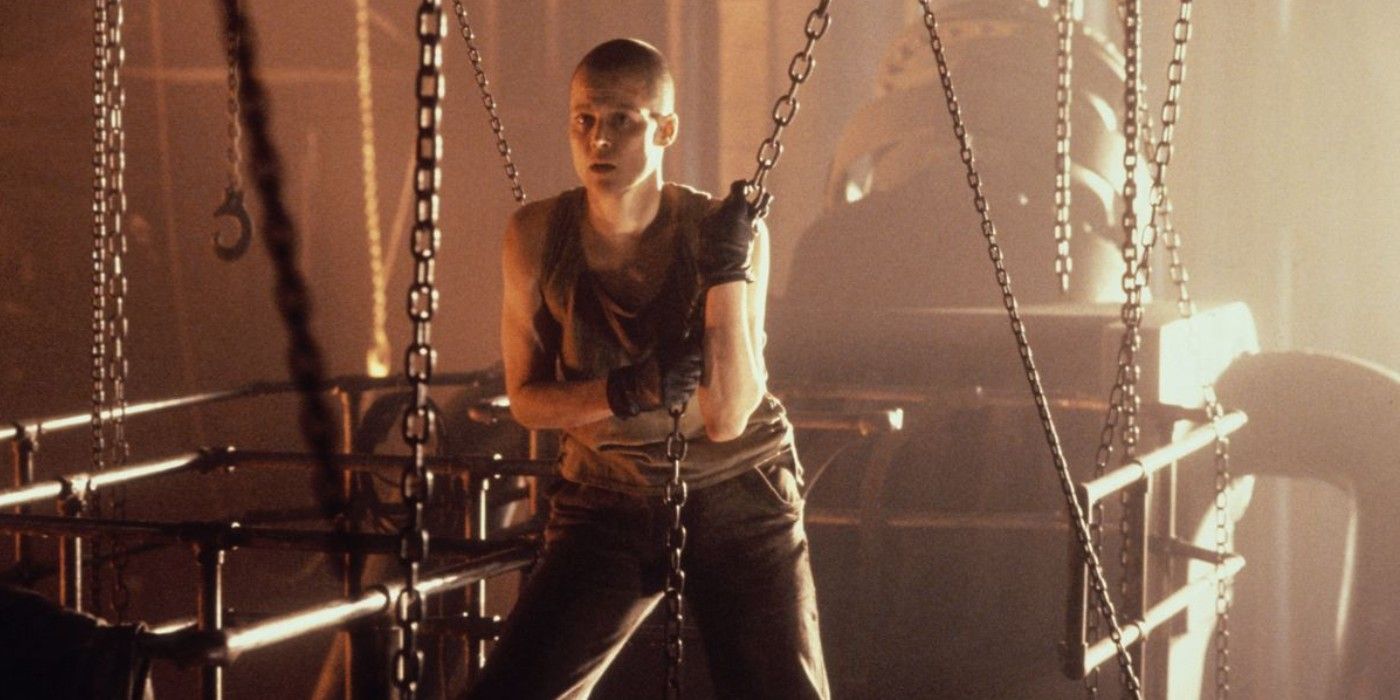While discussing his upcoming film Mank, director David Fincher subtly, but impressively, rejects Alien 3 with a perfect takedown. The Alien franchise has long been one of the most iconic sci-fi properties, tracking back to the original 1979 film. Starring Sigourney Weaver as action heroine Ripley, both Alien and 1986's Aliens were well-received by audiences and critics alike. The tale of a mysterious alien species preying on an unsuspecting human crew made for genuine frights and excitement. However, the franchise went stale in its third and fourth installments, with Alien 3 in particular being seen as quite the misfire.
Even before it entered production, Alien 3 saw numerous changes to its story and behind the scenes talent. Fincher was eventually brought on to direct, and though he's a highly-respected filmmaker now, Alien 3 marked the first time he was in charge of a feature film. It suffered a difficult production process and was poorly-received upon its release, with many criticizing story decisions like the deaths of Hicks, Newt, and Bishop. In the years since, Fincher himself has even disavowed Alien 3, though some audiences have begun to see it in a better light.
Nevertheless, it appears Fincher's thoughts toward Alien 3 haven't grown kinder. In a new interview with Vulture, the director recalled his experience working on Alien 3 without even mentioning it by name. The film came up while Fincher was discussing how his father Jack came to write the script for Mank, a biopic centered on screenwriter Herman J. Makiewicz and his fight for credit on the movie Citizen Kane. Fincher recalled how, at first, his father wrote the script to be very focused on "a great writer obliterated from memory by this showboating megalomaniac." This led him to reference what happened on Alien 3 and how it impacted his view of Mank's script:
Once I had gone to Pinewood for two years and had been through a situation where I was a hired gun to make a library title for a multinational, vertically integrated media conglomerate, I had a different view of how writers and directors needed to work. I kind of resented his anti-auteurist take. I felt that what the script really needed to talk about was the notion of enforced collaboration: You may not like the fact that you’re going to be beholden to so many different disciplines and skill sets in the making of a movie, but if you’re not acknowledging it, you’re missing the side of the barn. A script is the egg, and it needs a donor to create the cellular split that moves it into the realm of something playable in three dimensions and recordable in two dimensions and presentable to other people.
Fincher didn't have a hand in Alien 3's script, and he reportedly lost control over the movie when it came to post-production. Based on these new comments, it sounds as though Fincher dislikes how the studio placed him, the director, into a very difficult position by not giving him much leeway. Of course, he could be referring to something different, but the most obvious interpretation of his comments suggests Fincher resents the way he was given little control over the story.
Fincher has since moved on to have a very successful career, as any movie buff will know. Between films like Se7en and Fight Club, Fincher has left his mark on Hollywood. When it comes to the Alien franchise, there have been rumblings of a fifth installment for a while now, with original director Ridley Scott confirming in September he's working on it. Alien 3 might have been a regrettable project for many involved, but it at least didn't derail the franchise as a whole.
Source: Vulture


